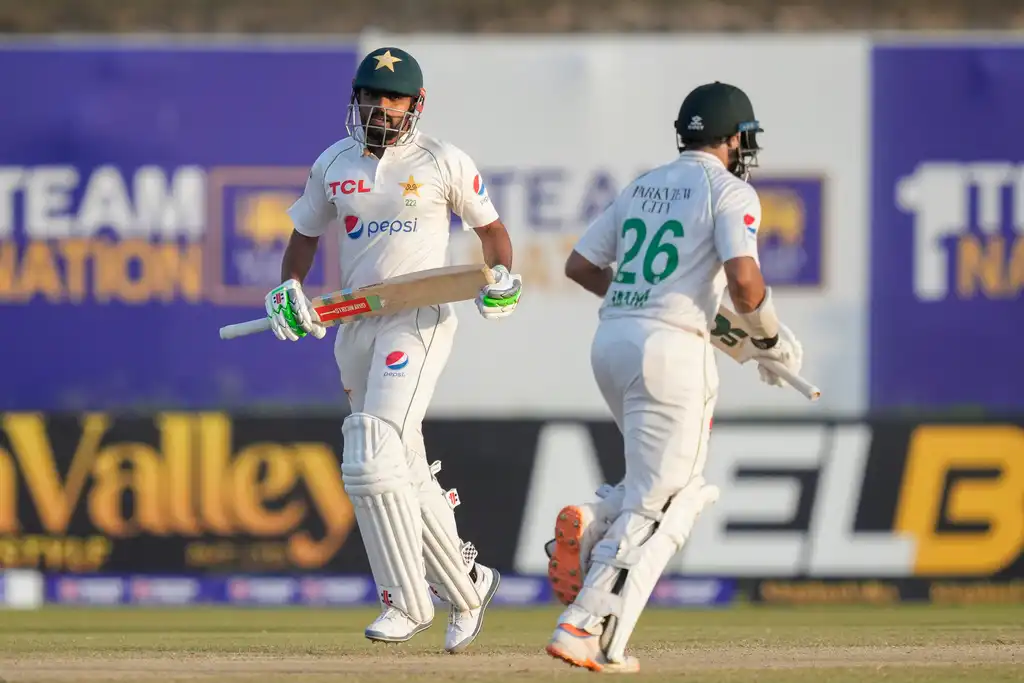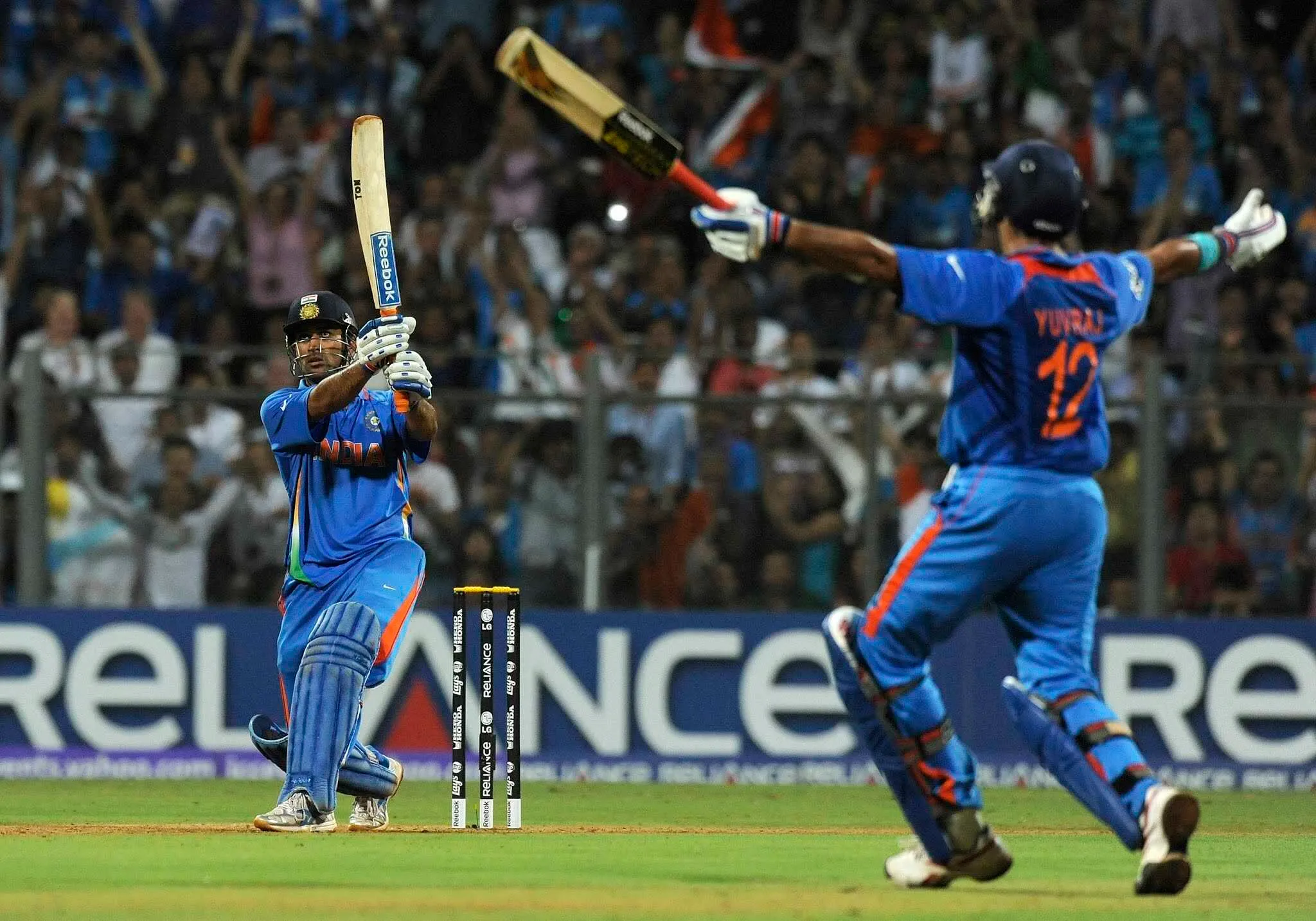 MS Dhoni was the star in 2011's WC Final for India (Twitter)
MS Dhoni was the star in 2011's WC Final for India (Twitter)
The Cricket World Cup is the most prestigious tournament in international cricket, and only the best teams and captains have been able to lift the trophy. Over the course of its history, a select group of captains have excelled, leading their teams to World Cup triumphs. There have been 12 World Cups held since the inaugural tournament in 1975, and only two captains have won the title twice.
Their strategic brilliance, unwavering determination, and ability to thrive under pressure set them apart as legends in the cricketing world. As we celebrate their accomplishments, we pay tribute to their remarkable leadership and the lasting impact they have had on the sport.
This article delves into the captains who have secured the most Cricket World Cup titles, applauding their exceptional leadership skills and analyzing their contributions to their teams' achievements. Let's get right into it:
1) Clive Lloyd (1975 & 1979)
 Under Clive Lloyd, WI won two back-to-back titles (Twitter)
Under Clive Lloyd, WI won two back-to-back titles (Twitter)
In the inaugural Cricket World Cup held in 1975 in England, Clive Lloyd led the West Indies to assert their dominance in world cricket. Under his captaincy, the team showcased their exceptional skills, winning all five matches and leaving an indelible mark on the tournament. This victory set the tone for their continued supremacy in the following years. Notably, Lloyd became the first player to score a century in a World Cup final.
In the subsequent 1979 Prudential World Cup, Lloyd's team continued their relentless pursuit of success. They triumphed in all four of their completed matches, reaffirming their status as cricket's powerhouse and clinching their second consecutive World Cup title. Lloyd's leadership played a crucial role in the West Indies' success. He had a keen ability to motivate and bring out the best in his players, enabling them to perform at their peak. His calm demeanor and strategic acumen were invaluable to the team's achievements.
2) Ricky Ponting (2003 & 2007)
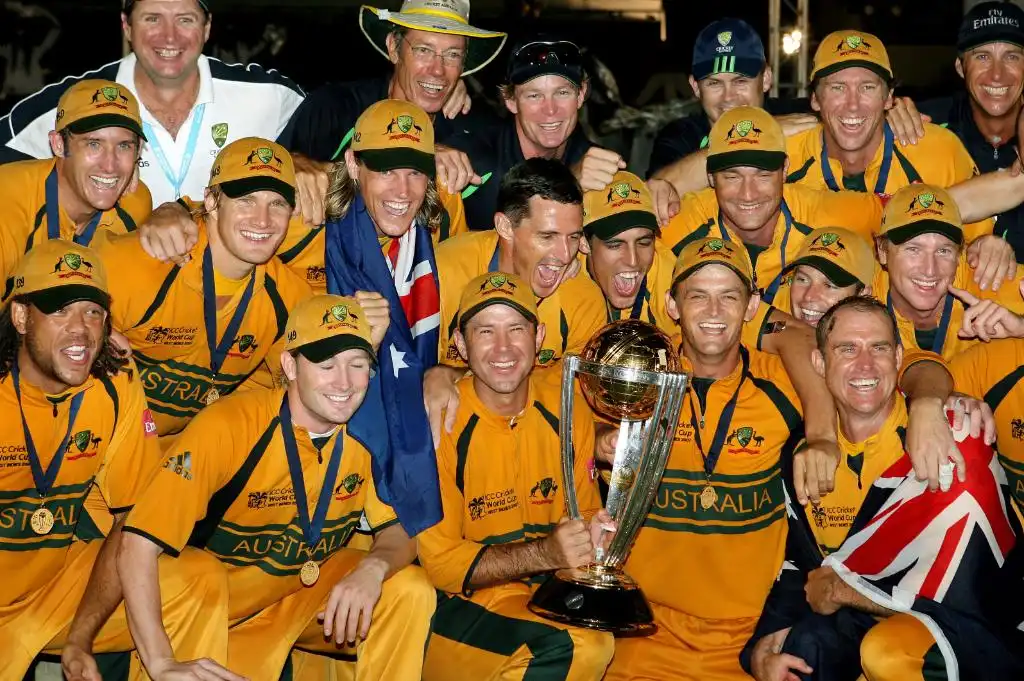 Ricky Ponting's Australia (Twitter)
Ricky Ponting's Australia (Twitter)
Another exceptional captain who secured two World Cup triumphs is Ricky Ponting from Australia. Ponting led the dominant Australian team of the 2000s to victory in the 2003 and 2007 editions of the tournament. With their exceptional skills and unwavering determination, Australia emerged as the favourites in both competitions.
The 2003 World Cup showcased Ponting's captaincy prowess as Australia clinched the title without losing a single match. His aggressive batting style and tactical brilliance proved instrumental in the team's success. In his first World Cup as captain, Ponting showcased his own batting brilliance by smashing a match-winning century against India in the final, propelling Australia to their third World Cup triumph.
Ponting's remarkable attribute was his ability to build a team filled with match-winners from top to bottom. His leadership played a significant role in instilling a winning culture within the squad. His aggressive mindset and astute decision-making elevated the team's performance and solidified his status as one of the greatest cricket captains of all time.
3) Kapil Dev (1983)
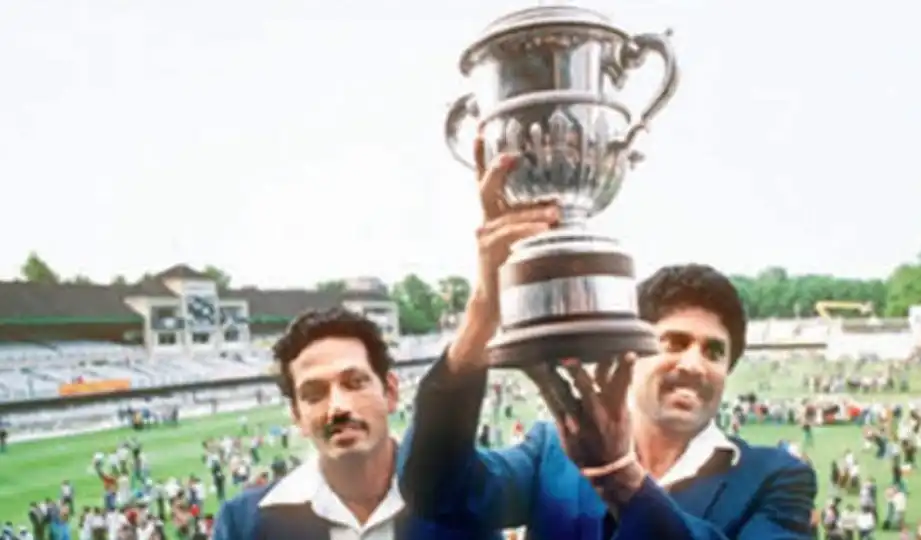 Kapil Dev alongside his deputy Mohinder Amarnath (Twitter)
Kapil Dev alongside his deputy Mohinder Amarnath (Twitter)
In the 1983 Cricket World Cup, a new champion emerged on the global stage. Kapil Dev led the Indian team to an unforgettable victory, defeating the reigning champions, the West Indies, not once but twice - first in the group stage and then in the grand final.
The Indian team, considered underdogs with minimal expectations, showcased exceptional skills, determination, and teamwork that surpassed everyone's expectations. Kapil Dev etched his name in history by becoming the first Indian cricketer to achieve a century in One-Day Internationals during the same tournament. His remarkable innings played a crucial role in India's journey to the World Cup triumph.
This triumph was a watershed moment for Indian cricket, shattering preconceived notions and establishing India as a force to be reckoned with on the global stage. Kapil Dev's leadership, along with the extraordinary performances of his teammates, instilled a renewed sense of belief and ignited a passion for the game across the nation.
4) Allan Border (1987)
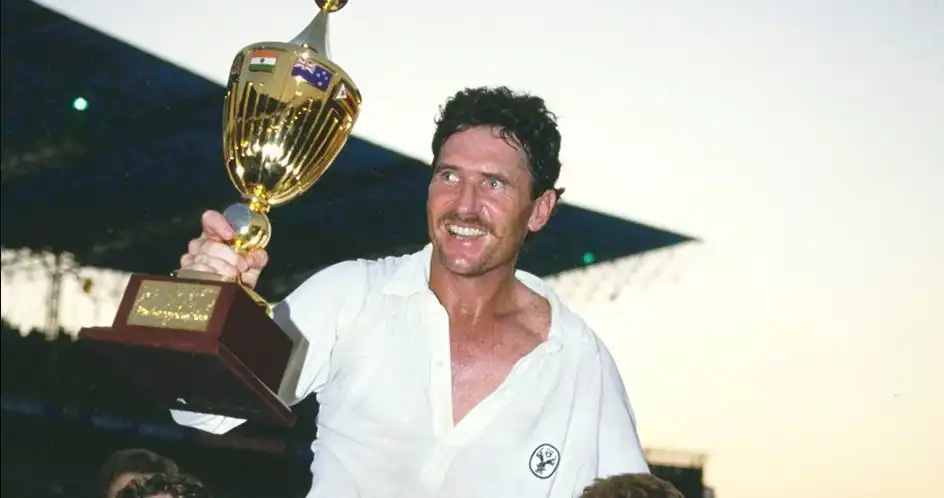 Border helped AUS win their first World Cup (Twitter)
Border helped AUS win their first World Cup (Twitter)
In the 1987 Cricket World Cup, Australia, led by Allan Border, surpassed all expectations. They won all their group matches, securing a spot in the semi-finals. In a thrilling encounter against Pakistan, Australia emerged triumphant to secure their place in the highly-anticipated final. The final, a closely contested battle against England, resulted in a hard-fought victory by a mere seven runs.
Beyond his strategic acumen, Border's leadership qualities shone brightly. His ability to instill belief, foster unity, and inspire his teammates played a significant role in their path to victory. His calm composure under pressure provided a steady guiding hand, instilling confidence in his team even during the most challenging moments.
5) Imran Khan (1992)
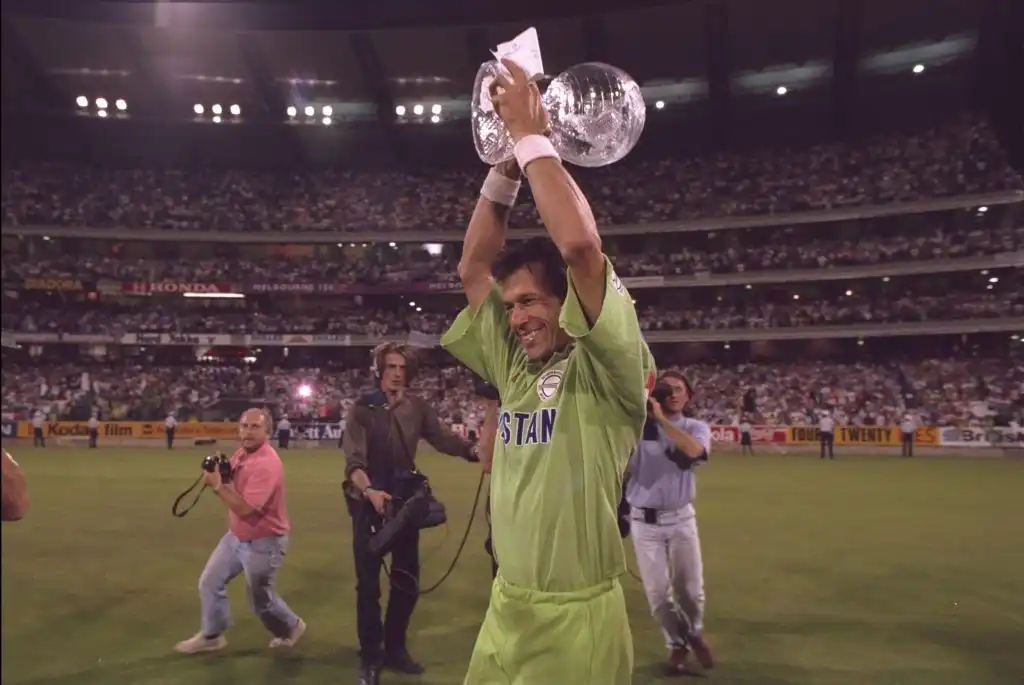 Imran Khan led Pakistan to a fairytale WC win in 1992 (Twitter)
Imran Khan led Pakistan to a fairytale WC win in 1992 (Twitter)
In 1992, Imran Khan led the Pakistan cricket team to an unforgettable victory in the Cricket World Cup. As the captain, Imran played a pivotal role in transforming the fortunes of the Pakistani side. He instilled a strong belief, unity, and resilience within the squad. Imran Khan's exceptional leadership and unwavering determination personified the team's extraordinary journey towards their first-ever World Cup triumph.
Despite being in the twilight of his career, Imran Khan inspired his team by referring to them as "cornered tigers," igniting a fighting spirit that propelled them to a triumphant win against England in the final.
6) Arjuna Ranatunga (1996)
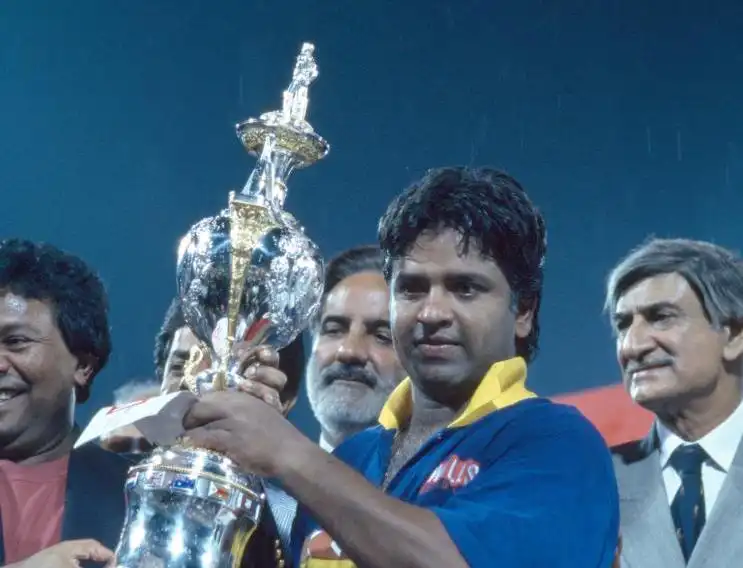 Legendary Ranatunga win 1996's World Cup trophy (Twitter)
Legendary Ranatunga win 1996's World Cup trophy (Twitter)
In 1996, Arjuna Ranatunga emerged as a formidable leader, guiding the Sri Lankan cricket team to an unforgettable victory in the Cricket World Cup. Against all expectations, Ranatunga defied the odds and left an indelible mark on cricketing history. His exceptional leadership and the ability to rally his team against tough opponents played a pivotal role in their journey to becoming the new champions.
One of the defining moments of their campaign was Ranatunga's decision to promote Romesh Kaluwitharana as an aggressive opener. This bold move changed the dynamics of Sri Lanka's batting and caught the opposition off guard. Kaluwitharana's explosive batting at the top of the order set the tone for Sri Lanka's aggressive approach throughout the tournament.
7) Steve Waugh (1999)
 Steve Waugh with the World Cup trophy at Lord's (Twitter)
Steve Waugh with the World Cup trophy at Lord's (Twitter)
Under Steve Waugh's captaincy, Australia achieved victory in the 1999 World Cup. Waugh's leadership instilled a sense of confidence and unity within the team, which proved to be a winning formula. The team exhibited exceptional skill and adaptability, showcasing their ability to perform under pressure and overcome challenging situations.
Throughout the tournament, Waugh led by example with his exceptional batting performances, displaying immense mental strength and composure in critical moments. His leadership was also evident in the way he nurtured the talents of his players, allowing them to flourish and contribute to the team's success. Beyond his role as captain, Steve Waugh's impact extended to shaping the team's culture and instilling a winning mindset.
8) MS Dhoni (2011)
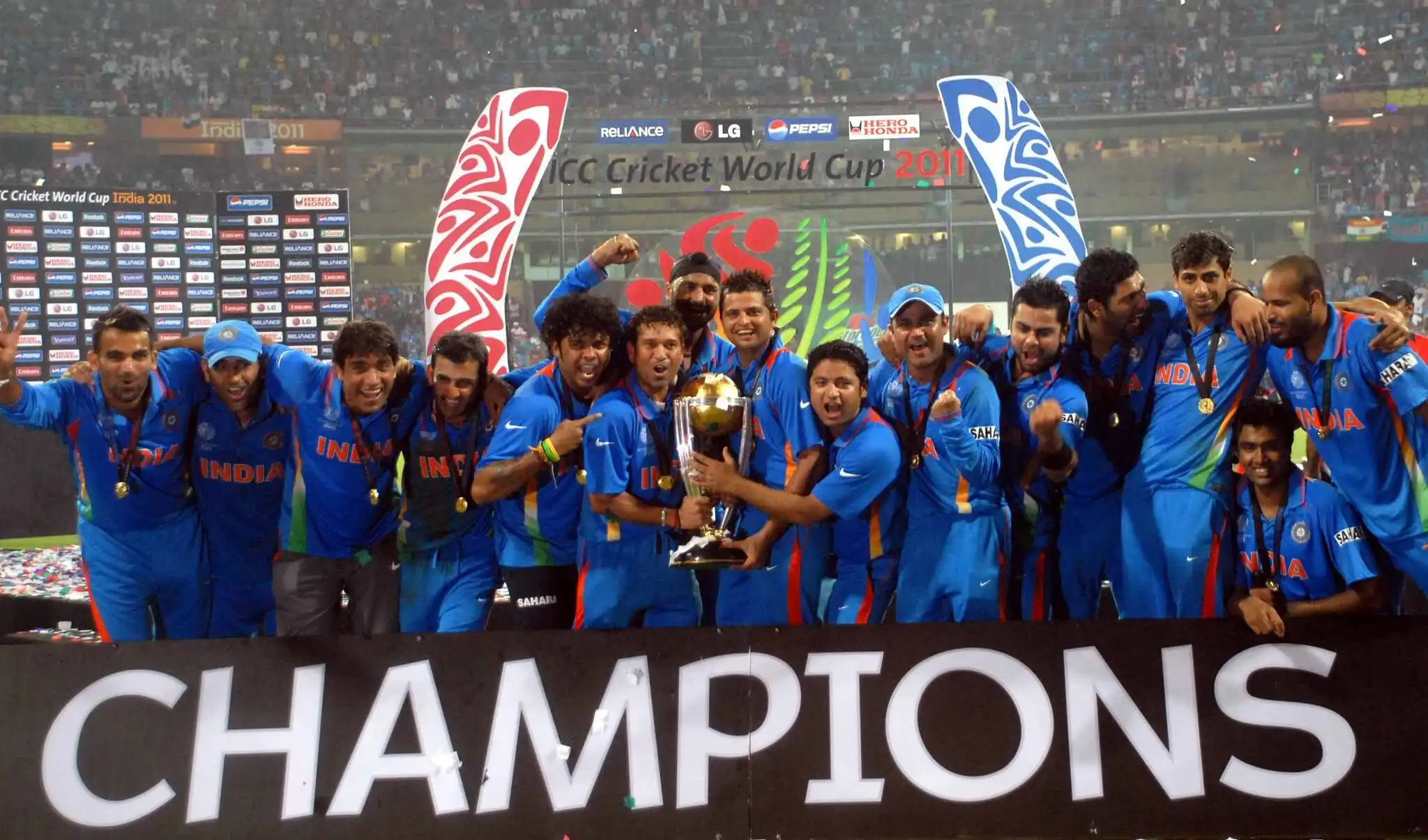 Dhoni-led India won the WC after 28 years (Twitter)
Dhoni-led India won the WC after 28 years (Twitter)
"Dhoni finishes things off in style," a quote that will forever be etched in the annals of cricket history, perfectly encapsulates the iconic moment when MS Dhoni sealed the World Cup victory in 2011 with a magnificent six. Dhoni's astute captaincy, composed demeanour, and decisive batting played a pivotal role in India's triumphant campaign in the 2011 World Cup, ending a 28-year-long wait and marking the first time a nation won the World Cup on their home soil.
One of the key strengths of Dhoni's captaincy was his instinctive style, which became evident in a defining moment of the World Cup campaign. In the crucial final against Sri Lanka, despite being out of form, Dhoni made a bold decision to promote himself up the batting order. This move showcased his confidence and belief in his own abilities to make a significant impact on the game.
As the captain of the Indian team, Dhoni exuded calmness and confidence, leading his team with remarkable composure throughout the tournament. His tactical acumen and ability to make crucial decisions under pressure earned him the respect of his teammates and opponents alike.
9) Michael Clarke (2015)
.jpg) Clarke helped Australia win their fifth title (Twitter)
Clarke helped Australia win their fifth title (Twitter)
In 2015, Australia achieved a momentous feat by winning the World Cup for the fifth time, with Michael Clarke leading the charge. Clarke's captaincy prowess and his team's exceptional performance allowed them to secure the title on home soil, making him the fourth Australian captain and the second captain, after MS Dhoni, to accomplish this remarkable feat. The victory was a testament to Australia's cricketing prowess and dominance on the global stage.
Although Clarke's individual batting performances were not extraordinary during the World Cup, his effective leadership proved instrumental in guiding the team. Australia suffered only one defeat to New Zealand in the group stage, after which they gained unstoppable momentum.
10) Eoin Morgan (2019)
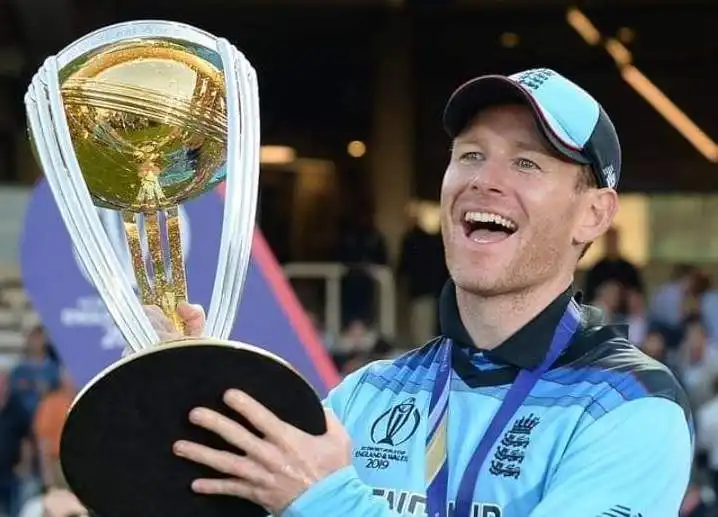 Eoin Morgan (Twitter)
Eoin Morgan (Twitter)
Interestingly, despite its origin in the United Kingdom, England had never won an ODI World Cup until 2019. Eoin Morgan, hailing from Ireland, took charge as captain and inspired the English team to their maiden victory in the 50-over World Cup. Morgan's leadership style was characterized by his calm demeanor, strategic acumen, and belief in attacking, aggressive cricket. He instilled a fearless approach in his team, encouraging them to play with freedom and express themselves on the field. This approach proved instrumental in England's success.
The World Cup final against New Zealand will forever be etched in cricketing history. After a thrilling match that ended in a tie, the Super Over was introduced to determine the winner. In a nail-biting finish, England emerged victorious, clinching the title on the boundary count rule. Morgan's impact extended beyond his captaincy. As a batter, he played crucial innings throughout the tournament, contributing vital runs when the team needed them the most.
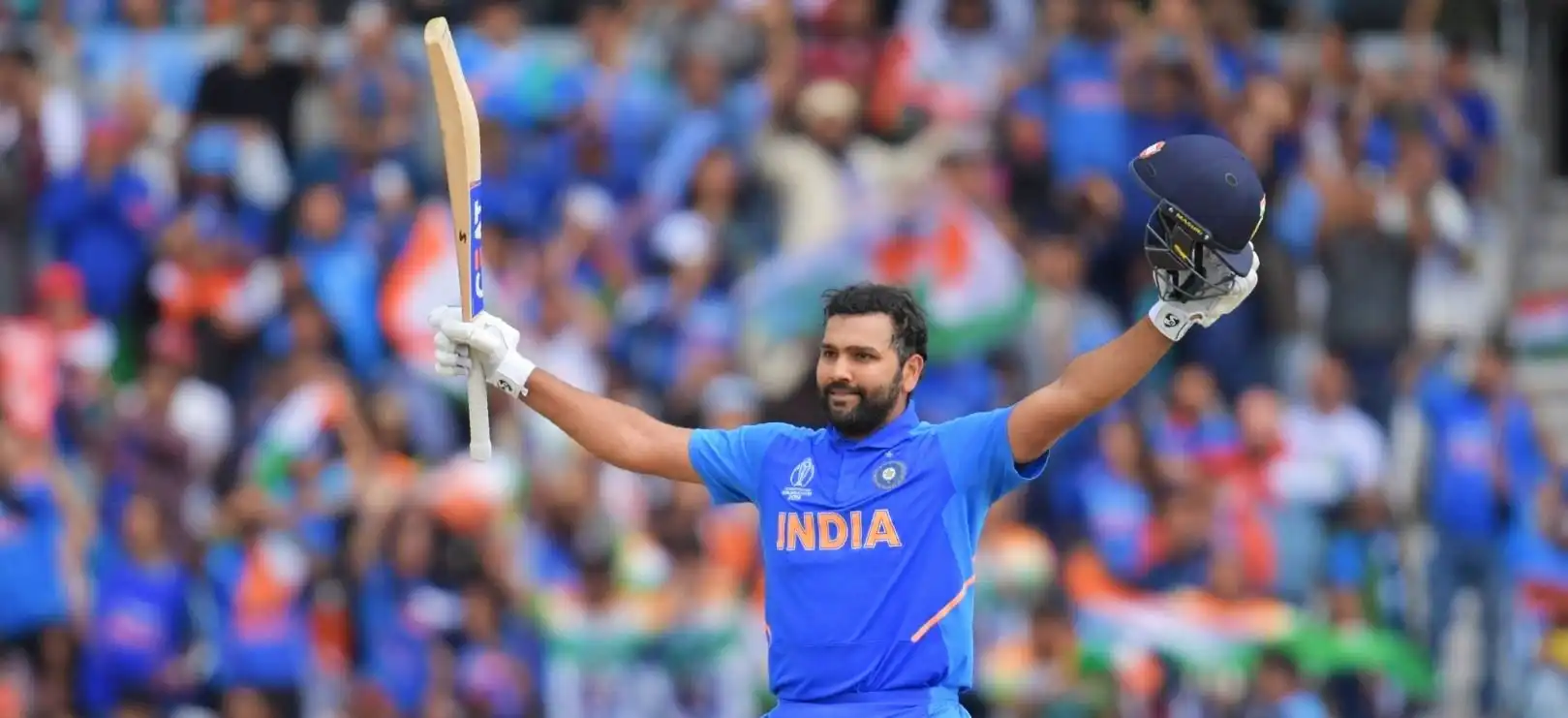
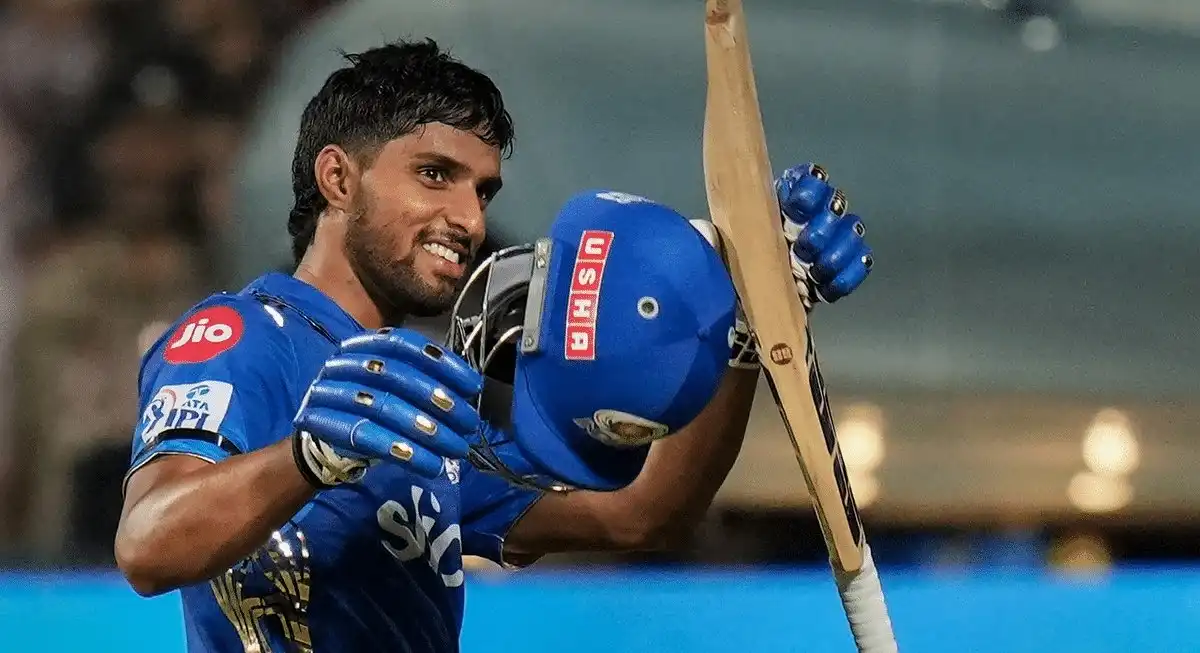
.jpg?type=mq)
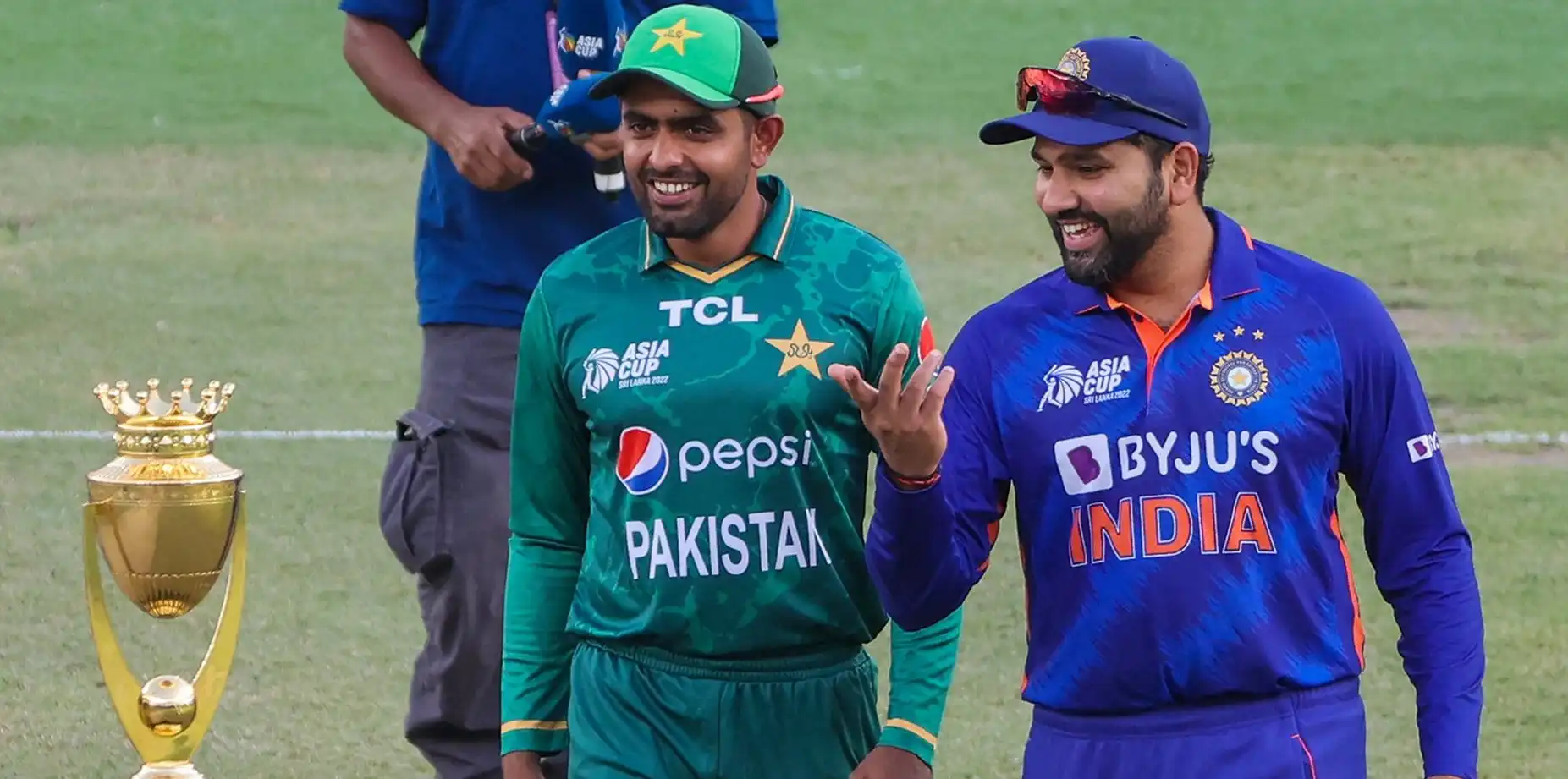
.jpg?type=mq)
